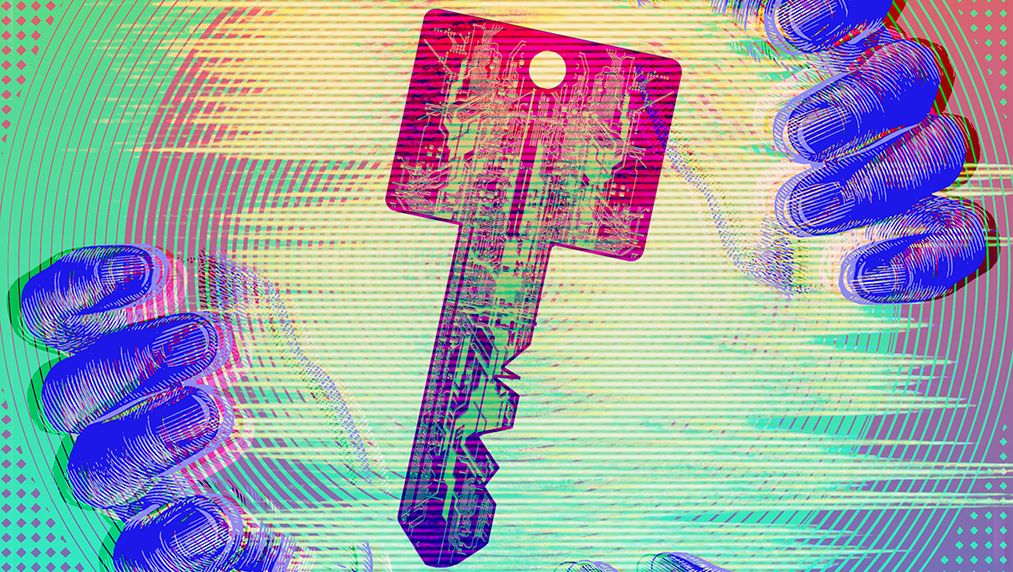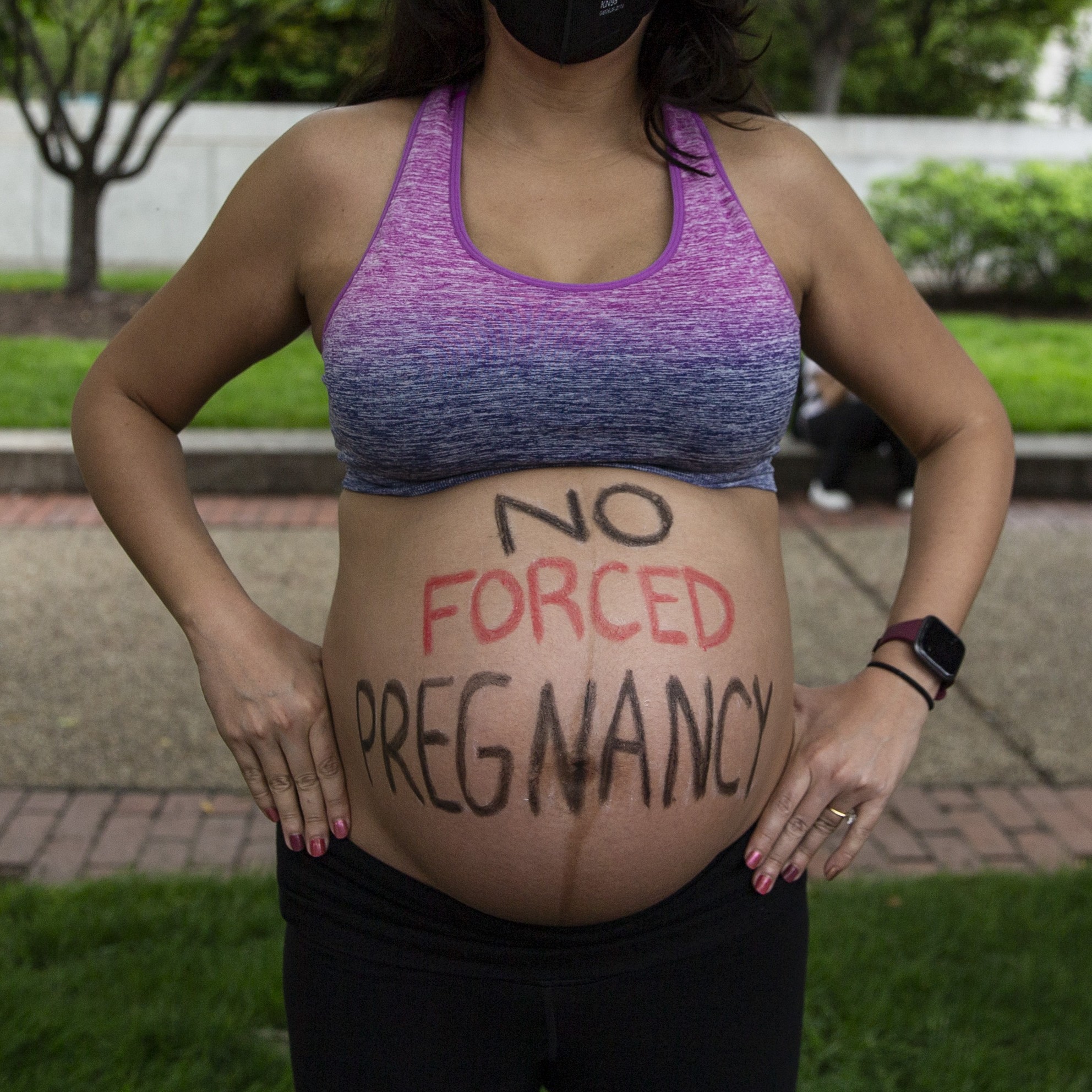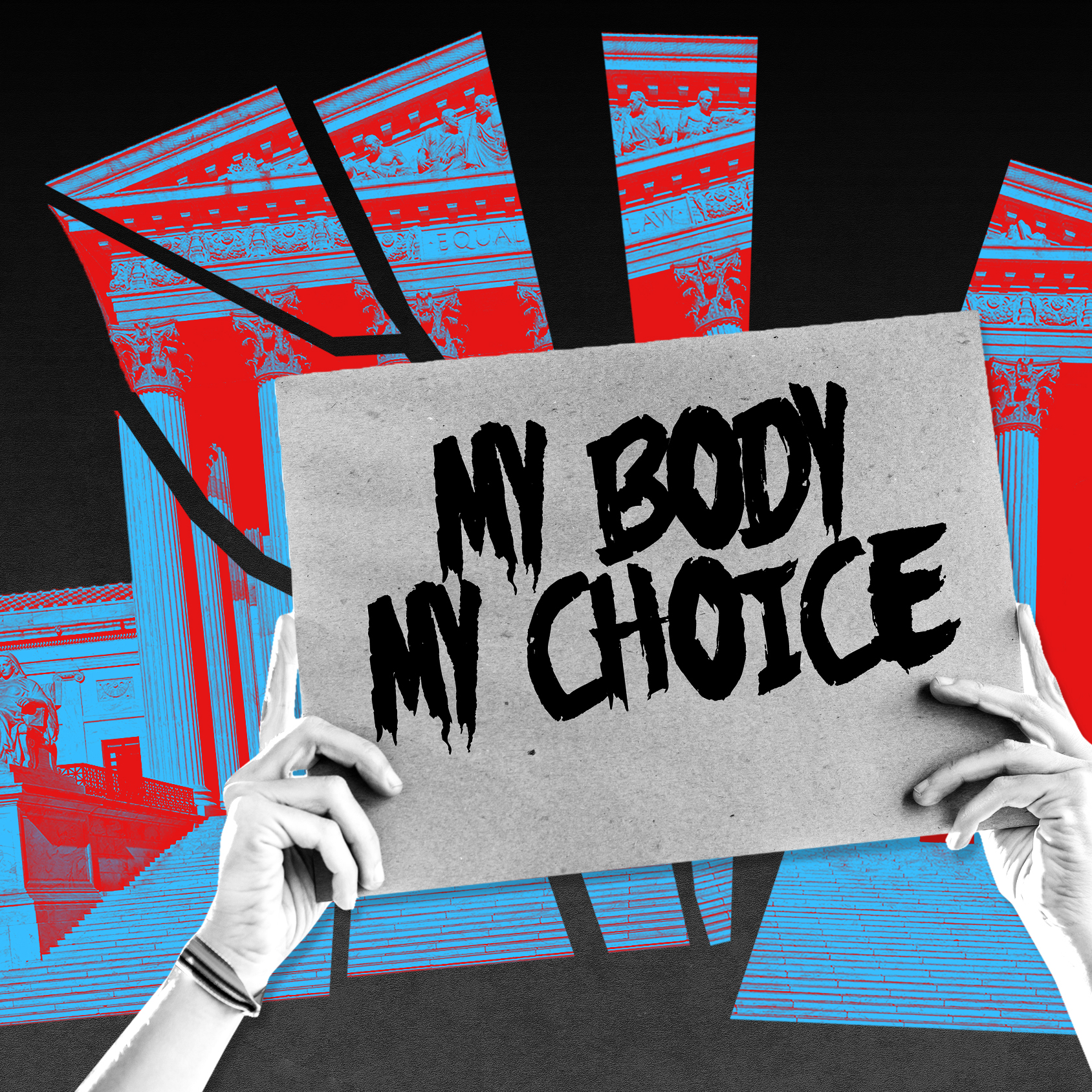Land of The Free... Information
The U.S. Constitution does not explicitly protect privacy. Worse, we are one of the few countries without a universal data privacy law (along with the likes of Sudan and Syria). Mary Stone Ross, coauthor of the country's most expansive state privacy law, argues in favor of federal legislation.

Data privacy legislation is not about secrecy; it’s about transparency. I know a lot about both. I was one of the original coauthors of the initiative that became the California Consumer Privacy Act (CCPA), the most comprehensive privacy law in the U.S., and before that I was a CIA counterintelligence officer and counsel on the House Intelligence Committee. Surprisingly, it was my career as a spy—where I did things like provide oversight of the NSA wiretapping program Edward Snowden later disclosed—that made me realize how desperately the U.S. needs a law to protect consumers’ online privacy. I’m inspired by this quote shared by Gabriel Weinberg, the founder of the privacy-focused search engine DuckDuckGo: “Everyone knows what you do in the bathroom, but you still close the door.” In other words, your info may not be a secret, but it should remain private.
The U.S. government hasn’t gotten that memo. Until the CCPA went into effect on January 1, 2020, there was minimal regulation as to what personal information companies could collect, how they could use it, and with whom they could share it. Outside of California, that’s still the case. When you click “accept” on an app or website, it’s nearly impossible to know what terms you’re really agreeing to. Companies can know where you live, how fast you drive, whether you have a chronic health condition, and even if you are pregnant or were a rape victim.
This personal information can be used to serve you annoying advertisements, fueling a $100-billion-plus digital advertising market. There are even entire companies, called ad or data brokers, that exist to collect, package, and sell data. It can be shared with employers, insurance companies, marketers, and more. Some entities even create an e-score, which can be purchased by virtually anyone. Unfortunately, the discriminatory effects of e-scores largely impact women and people of color.
The CCPA grants all Californians the right to find out what information businesses are collecting, opt out of the sale of personal information, and sue businesses if personal information is stolen. A looming question is whether Congress will pass comprehensive federal privacy legislation, like the European Union’s General Data Protection Regulation. Several bills have been introduced, including one from New York senator Kirsten Gillibrand, but have been largely unsuccessful due to lobbying by the tech, retail, and advertising industries.
Governmental change takes time, but there are things you can do right now: If you live in California, opt out of the sale of your data. (Websites now must list this option.) If you live in Nevada or Maine (both have privacy laws), learn how you’re protected. If not, contact your representatives and demand that they pass legislation. (Several states, including New York and Washington, are working on bills.) Your information is being used against you. It’s time to take it back.
This article originally appeared in the Fall 2020 issue of Marie Claire.
Stay In The Know
Get exclusive access to fashion and beauty trends, hot-off-the-press celebrity news, and more.
MORE FROM OUR GUIDE TO PROTECTING YOURSELF ONLINE


-
 Princess Anne's Unexpected Suggestion About Mike Tindall's Nose
Princess Anne's Unexpected Suggestion About Mike Tindall's Nose"Princess Anne asked me if I'd have the surgery."
By Amy Mackelden Published
-
 Queen Elizabeth's "Disapproving" Royal Wedding Comment
Queen Elizabeth's "Disapproving" Royal Wedding CommentShe reportedly had lots of nice things to say, too.
By Amy Mackelden Published
-
 Palace Employees "Tried" to Get King Charles to "Slow Down"
Palace Employees "Tried" to Get King Charles to "Slow Down""Now he wants to do more and more and more. That's the problem."
By Amy Mackelden Published
-
 36 Ways Women Still Aren't Equal to Men
36 Ways Women Still Aren't Equal to MenFeatures It's just one of the many ways women still aren't equal to men.
By Brooke Knappenberger Last updated
-
 How New York's First Female Governor Plans to Fight for Women If Reelected
How New York's First Female Governor Plans to Fight for Women If ReelectedKathy Hochul twice came to power because men resigned amid sexual harassment scandals. Here, how she's leading differently.
By Emily Tisch Sussman Last updated
-
 Why the 2022 Midterm Elections Are So Critical
Why the 2022 Midterm Elections Are So CriticalAs we blaze through a highly charged midterm election season, Swing Left Executive Director Yasmin Radjy highlights rising stars who are fighting for women’s rights.
By Tanya Benedicto Klich Published
-
 Tammy Duckworth: 'I’m Mad as Hell' About the Lack of Federal Action on Gun Safety
Tammy Duckworth: 'I’m Mad as Hell' About the Lack of Federal Action on Gun SafetyThe Illinois Senator won't let the memory of the Highland Park shooting just fade away.
By Sen. Tammy Duckworth Published
-
 This Bill Wants to Stop Anti-Abortion Groups From Getting Your Private Data. Period
This Bill Wants to Stop Anti-Abortion Groups From Getting Your Private Data. PeriodPost-Roe period tracking apps and search history suddenly have serious implications.
By Emily Tisch Sussman Published
-
 Post-Roe, Pregnant People Will Become Suspects
Post-Roe, Pregnant People Will Become Suspects\201cWe anticipate a very dramatic increase in the rate of criminalization of all pregnancy outcomes.\201d
By Lorena O'Neil Last updated
-
 14 Abortion Rights Organizations Accepting Donations to Support Their Fight
14 Abortion Rights Organizations Accepting Donations to Support Their FightFeatures 'Roe' is no longer the law of the land, but these organizations won't stop fighting.
By Gabrielle Ulubay Published
-
 Lawmakers, Activists, and Allies Are Reacting With Fury to 'Roe' Being Overturned
Lawmakers, Activists, and Allies Are Reacting With Fury to 'Roe' Being OverturnedThousands are taking to Twitter to express their grief and anger.
By Tanya Benedicto Klich Published